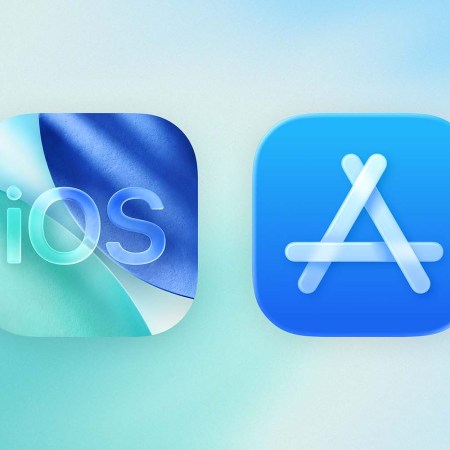“I still can’t believe this! All this hype for something so ridiculous! Who cares about an MP3 player? I want something new! I want them to think differently! Why oh why would they do this?! It’s so wrong! It’s so stupid!” -MacRumors forum user, Oct 2001
Released this week in 2001, the iPod wasn’t necessarily met with the fervor of the iPhone.
The slightly clunky device started with just 5GB of memory, enough for about 1,000 songs — or less than an Archos Jukebox, released a year earlier. Also, it was expensive: $399 to start, which didn’t even include iTunes or Windows compatibility (neither of which would launch until 2003). And we weren’t over CDs yet. In fact, in 2001, total physical album sales were at a near all-time high, eclipsed only by the previous year.
The original MacRumors comments that followed Steve Jobs’s iPod announcement are worth a read. Hindsight is 20/20, of course.
A favorite:
“yes it’s cool, but it is cost prohibitive. sure you can design and build something nobody else did or can, but this isn’t art, this is a commodity, and commodities tend to be held hostage to some sort of economic system where people trade stuff for it. note also that apple is saying “everyone will want one” – well no ****, but who will pay for one?”
Three-hundred and fifty million units later, the answer is “pretty much everyone.”
Since 2001, we’ve gone went through Minis, Video, Nanos and a 90210-edition. By 2007, Apple had sold 100 million iPods and hit 350 million as of 2012 — the company stopped reporting sales early in 2015, meaning we’ll probably never know a final tally.
The original iPod release was touted with a promotional video featuring Apple execs, as well as musicians Seal, Steve Harwell of Smash Mouth (!) and Moby, the latter who recently told Entertainment Weekly, “[The iPod] felt like absurd, alchemical magic that you could, instead of having your big wallet with CDs, [have] thousands and thousands and thousands of songs available.”
Time ranked it as the ninth most influential gadget of all time (admittedly behind both the Walkman and the iPhone, but ahead of the VCR and calculator). And while the original iPod was discontinued in 2014 (Tim Cook: “We couldn’t get the parts anymore”), you can still buy later generation Touches, Nanos and Shuffles on the Apple store.
You also can find those early iPod models fetching up to $20,000 on eBay.
So while Apple seems to have forgotten the iPod’s anniversary (perhaps they’re too busy dealing with the Apple Watch’s iffy sales), we certainly haven’t. And to be fair, the Apple fanboys have been nicer about it in hindsight. On MacRumors, it earned some well-deserved praise for its design and intuitive nature.
“Fifteen years later and this device still looks better than some of the devices on the market today.”
“Apple should really bring this back. Make it look as close to the 2nd gen as you can, with the touch wheel, and moving buttons. Load a vintage looking OS, add a lightning port to charge it. Make it play music only. Make it an in-store purchase only, where hipsters and apple geeks will line up. Bring back the fun.”
“In some long lists (without quick jump alphabet), the scroll wheel is still faster than flicking your finger on touch screens.”
As for why we liked it? It made our gigantic, space-hogging music libraries portable … and eventually obsolete (yours truly went from several thousand CDs spread over three bookshelves to holding the entire history of music in the palm of his hand). It also paved the way for the iPhone, music streaming services like Spotify, playlists (which rendered bad DJs obsolete) and podcasts. And it ushered in the entire “mobile” movement that dominates not just our listening habits, but our lives.
Of course, there are also naysayers who might argue that the iPod was an anathema that led to decreased sound quality or the loss of tactile sensation … fair points, but not dealbreakers.
To argue otherwise would be — to quote our MacRumors friend from the first paragraph — wrong.
And stupid.
Main image via Flickr
This article appeared in an InsideHook newsletter. Sign up for free to get more on travel, wellness, style, drinking, and culture.























